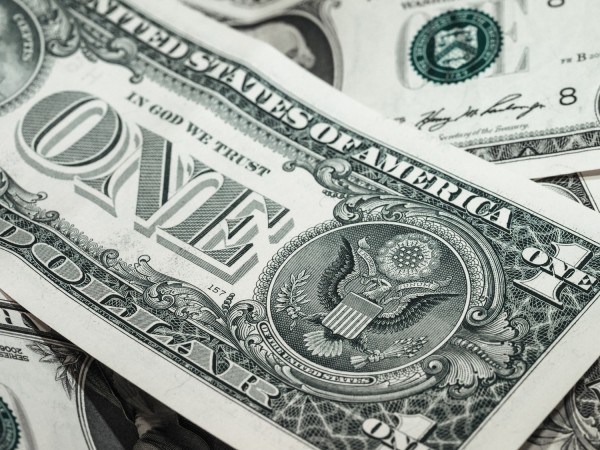Can You Catch the Coronavirus From Handling Cash? Here's What Experts Say
by Tiziana CelineSome people worry about the possibility of coronavirus spread by paying cash in the grocery.

Bank note
When bringing them back into service, both China and South Korea began sterilizing their bills using UV light or high heat earlier this year. They also quarantined their bank bills for 14 days in hopes that any lingering viruses would die off during that time.
In early March, a spokesperson for the World Health Organization said that people should not use cash. However, they clarified that the health agency did not provide clear COVID-19 guidance on the use of contactless payments.
However, experts believe that people don't need to worry about money as much as some might think.
Do surfaces spread the coronavirus?
Recent articles indicate that specific microbes are unlikely to spread across polluted surfaces such as cash, like COVID-19.
The only possible way to get COVID-19 from a contaminated surface is to get your hands on the virus and then touch your mouth, eyes, or nose.
That's why everyone from the Centers for Disease Control and Prevention and the WHO to local governments has emphasized that hand-washing is critically important, especially after money is treated.
Bacteria and viruses were found on the bills. It's just that there's been no COVID-19 test.
It is little known how long COVID-19 will live on the bills. Laboratory influenza study indicates viability without mucus lasts from one hour to one day.
Viability in nature would depend on temperature, humidity, and sunlight exposure. Nothing has been done for COVID-19 survival on currency, though the survival of COVID-19 has again varied on other surfaces.
The problem with going cashless
Another solution suggested is to go cashless, or use money forms that are not paper or coins, such as debit cards or crypto-currency.
Many experts are worried about going cashless, because certain people who do not have credit cards may find it hard to do so.
Many small businesses often prefer cash, because they don't have to pay the fees that require using a credit card.
Lastly, no evidence removing the use of cash will make a difference in COVID-19 spread, nor have data to support that any form of the contaminated surface could transmit it.
Better safe than sorry
Some experts say it's better safe than sorry. Dr. Jeffrey Shaman, professor at Columbia University's Mailman School of Public Health, told CBS News that droplets could live on surfaces, including dollar bills.
"It seems like it could be a path for transmission because it's something people commonly share and handle," he said.
As a result, some public health experts suggest that the public stop completely handling cash and instead pay for goods and services with credit cards or contactless payment systems.
"Cash exchanges hands and you never know how far that particular bill as traveled," Dr. Sanjay Maggirwar, chair of the George Washington University School of Medicine's department of microbiology, immunology and tropical medicine, told CBS MoneyWatch.
According to the Federal Deposit Insurance Company, about 6.5% of American households lack any bank accounts nationally, and another 18.7% are underbanked. Some cities and states have already passed legislation preventing local businesses from refusing to accept cash.